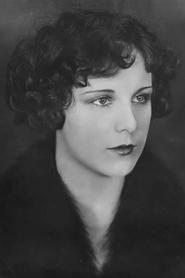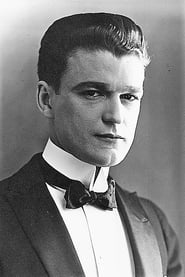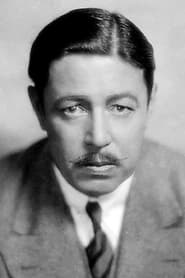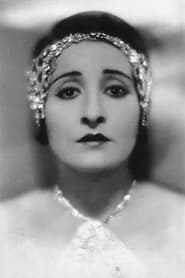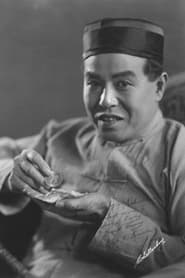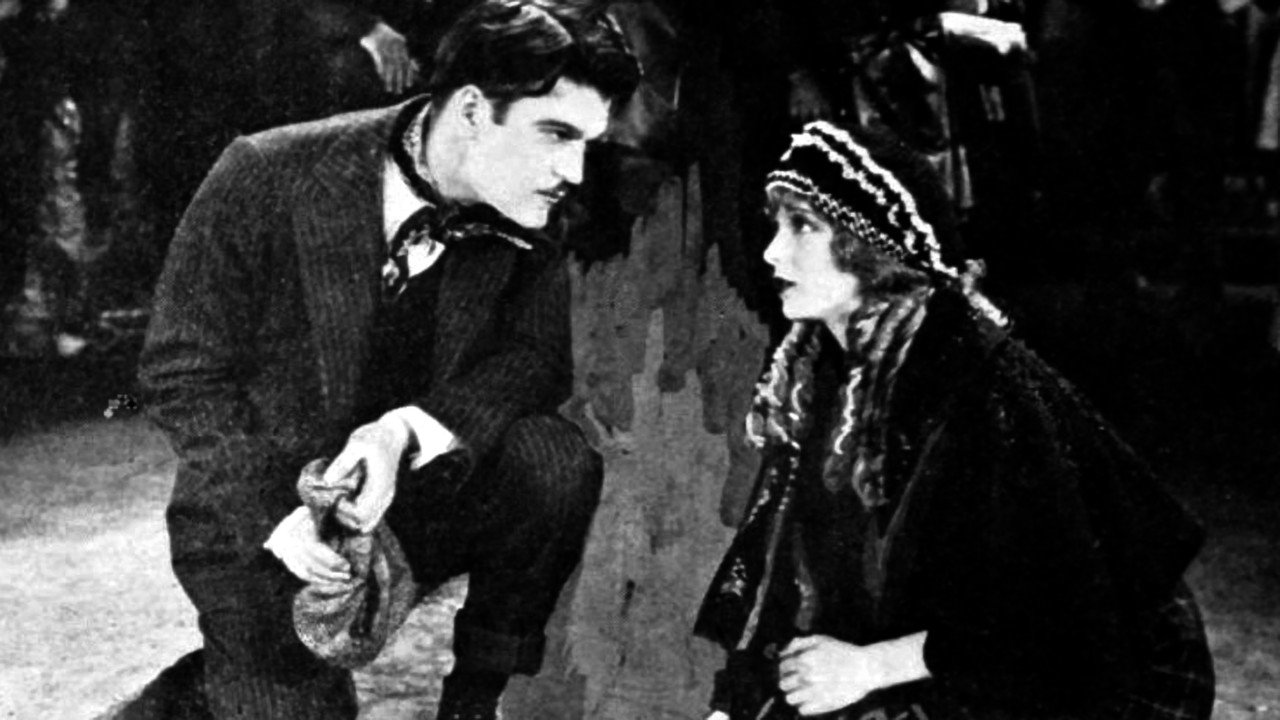
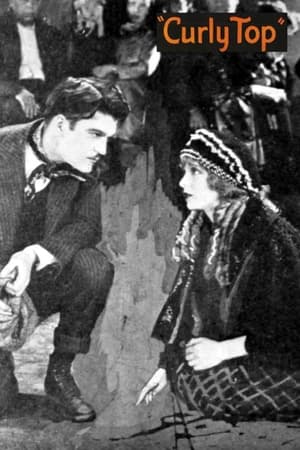
Curlytop(1924)
The screen's most winsome star in a picture that will please the most critical.
Big Bill Branigan, one of the tough characters of London's Limehouse district, falls in love with Curlytop because of her sweet innocence. He leaves his sweetheart, Bessie, for her and resolves to go straight. When he sets out to find a job, the jealous Bessie gets Curlytop drunk and hacks off her long curls.

Movie: Curlytop
Top 8 Billed Cast
Hilda

Curlytop
HomePage
Overview
Big Bill Branigan, one of the tough characters of London's Limehouse district, falls in love with Curlytop because of her sweet innocence. He leaves his sweetheart, Bessie, for her and resolves to go straight. When he sets out to find a job, the jealous Bessie gets Curlytop drunk and hacks off her long curls.
Release Date
1924-12-28
Average
0
Rating:
0.0 startsTagline
The screen's most winsome star in a picture that will please the most critical.
Genres
Languages:
No LanguageKeywords
Similar Movies
Cameo Kirby(en)
Cameo Kirby is a 1914 American drama silent film directed by Oscar Apfel and written by Clara Beranger and William C. deMille. The film stars Dustin Farnum, Fred Montague, James Neill, Jode Mullally, Winifred Kingston and Dick La Reno. It is based on the play Cameo Kirby by Booth Tarkington and Harry Leon Wilson. The film was released on December 24, 1914, by Paramount Pictures.
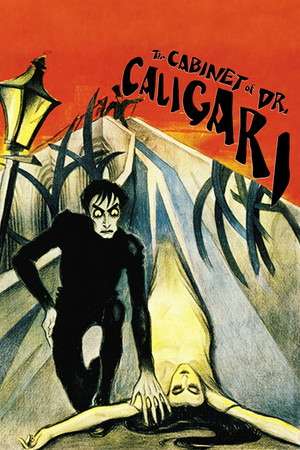 7.9
7.9The Cabinet of Dr. Caligari(de)
Francis, a young man, recalls in his memory the horrible experiences he and his fiancée Jane recently went through. Francis and his friend Alan visit The Cabinet of Dr. Caligari, an exhibit where the mysterious doctor shows the somnambulist Cesare, and awakens him for some moments from his death-like sleep.
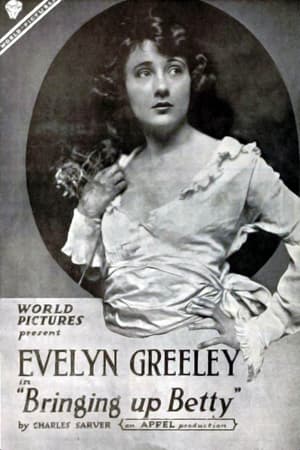 0.0
0.0Bringing Up Betty(en)
During a lawn party at his New York home, steel magnate Theodore Morton claims he is bankrupt as a deterrent to Lord Dormer and the Duke of Medonia, two fortune hunters competing for his niece, Betty. After the suitors depart, unscrupulous Carl Gates is informed by his fiancée, banker's secretary Adele Shelby, that Theodore was lying. Carl pursues Betty, who accepts his proposal with the belief that the marriage will benefit her uncle. During a yachting expedition with Carl, Betty falls overboard and is rescued by architect Tom Waring, who is competing in a race. Tom wins with Betty on board, and a romance develops.
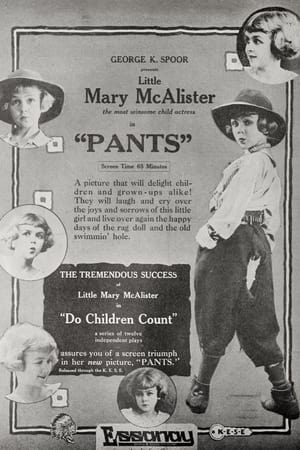 6.0
6.0Pants(en)
Little Betty has a luxurious home, an army of servants and the costliest of toys. But she hasn't what a child wants most of all, other children to play with. The result is that she runs away and joins a group of children from the ghetto district on the beach. In play she exchanges clothing with a little boy. That evening Betty doesn't return home. Her maiden aunt, an over-zealous guardian, is frantic. She notifies the police. The same evening the father of the boy, who has lost his position and is facing starvation, decides to turn burglar. He steals into the home of Betty's father. The household is awakened and the intruder captured.
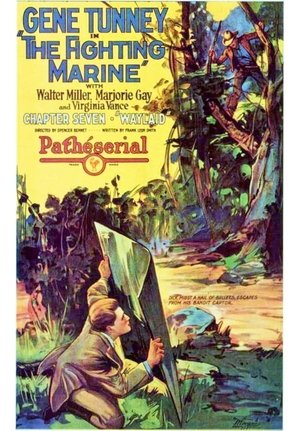 0.0
0.0The Fighting Marine(en)
As a reporter, Dick Farrington is sent to cover an assignment that promises a big story. A lawyer has advertised for an ex-Marine who is a boxer. He makes good beating up a gang of roughnecks picked for the purpose, and secures the mysterious job that is filled with danger. It is to guard the heiress Lady Chatfield, but the hero is told nothing as to the secret in back of it all. Dick poses as Lord Grantmore, wears a monocle, and otherwise acts like a titled Englishman. They proceed to the mining town of Goldbrook, where the heiress is to occupy a mysterious mansion on the occupancy of which hinges a great fortune. The engineer of the mines is deeply interested in thwarting the plans of Lady Chatfield, and with his gang of roughneck miners makes things lively for the pugilist star in a series of fights that are hair raisers.
 0.0
0.0The Block Signal(en)
Joe Ryan, a veteran train engineer, is demoted to a flagman position after a disastrous crash-- one caused by his cowardly and opportunistic partner. Though Ryan's failing eyesight is named as the cause of the crash, he's undeterred as he designs an automatic braking invention.
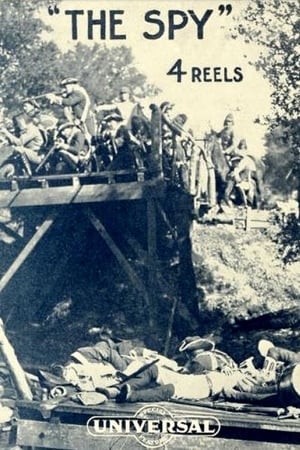 0.0
0.0The Spy(en)
An American agent exchanges places in prison with a condemned British officer and brother of a woman he greatly admires and goes to the gallows.
 7.6
7.6Battleship Potemkin(ru)
A dramatized account of a great Russian naval mutiny and a resultant public demonstration, showing support, which brought on a police massacre. The film had an incredible impact on the development of cinema and is a masterful example of montage editing.
 7.1
7.1Nanook of the North(en)
This pioneering documentary film depicts the lives of the indigenous Inuit people of Canada's northern Quebec region. Although the production contains some fictional elements, it vividly shows how its resourceful subjects survive in such a harsh climate, revealing how they construct their igloo homes and find food by hunting and fishing. The film also captures the beautiful, if unforgiving, frozen landscape of the Great White North, far removed from conventional civilization.
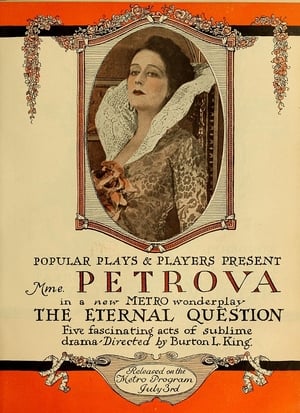 0.0
0.0The Eternal Question(en)
Pierre Felix, a couturier, makes a $25,000 bet with Ralph Courtland that he can take a girl from the streets, dress her appropriately, and within three months have her accepted into society.
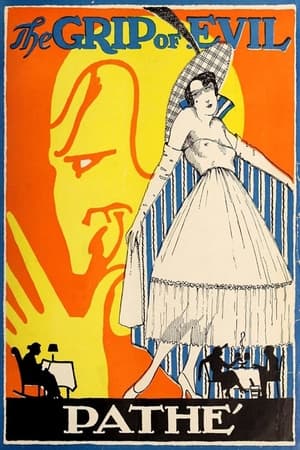 0.0
0.0The Grip of Evil(en)
An English nobleman is banished from home because of his attachment to a girl "not of his class." He marries the girl, comes to America with her, and a child, John Burton, subsequently the hero of each chapter of this serial, is born to them. 14 chapters.
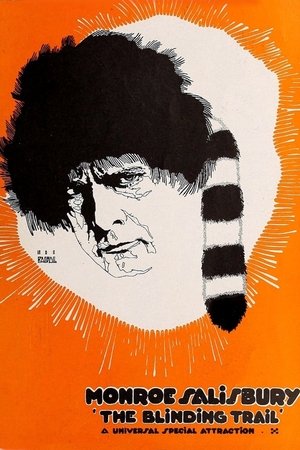 1.0
1.0The Blinding Trail(en)
Flighty Helen Halverson decides that she wants to marry Big Jim McKenzie, the boss of the logging camp her father owns, after he is temporarily blinded after he crashes his toboggan into a tree in order to avoid hitting Helen. She convinces her cousin Adele--who is actually also in love with Jim--to get him to propose. Jim's sight returns and he and Helen marry, but on the day their child is to be born, he goes blind again. Frustrated by being married to a blind man, Helen falls in love with his assistant Jean Du Bray. Complications ensue.
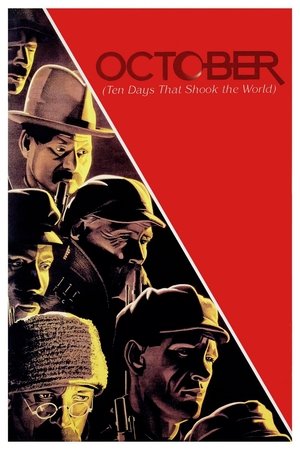 6.9
6.9October (Ten Days that Shook the World)(ru)
Sergei M. Eisenstein's docu-drama about the 1917 October Revolution in Russia. Made ten years after the events and edited in Eisenstein's 'Soviet Montage' style, it re-enacts in celebratory terms several key scenes from the revolution.
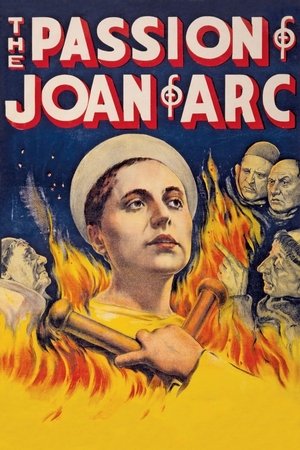 8.0
8.0The Passion of Joan of Arc(fr)
A classic of the silent age, this film tells the story of the doomed but ultimately canonized 15th-century teenage warrior. On trial for claiming she'd spoken to God, Jeanne d'Arc is subjected to inhumane treatment and scare tactics at the hands of church court officials. Initially bullied into changing her story, Jeanne eventually opts for what she sees as the truth. Her punishment, a famously brutal execution, earns her perpetual martyrdom.
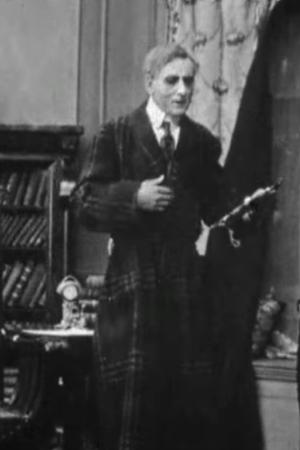 3.8
3.8Two Memories(en)
Henry and Marion have a lover's quarrel and part in anger. They do not reconcile, and ten years pass without contact. Marion becomes a society girl and spends her time at parties with her friends. Henry has become very ill and wishes to see Marion one more time. He writes asking her to visit. When she recieves the note, she laughs and tosses it on the floor, but, later, on a whim, decides to take all her drunken friends with her to visit him. When they arrive, Marion finds Henry dead, clutching her portrait in his hand. She sends her friends away and falls to her knees in remorse. Mary Pickford's debut!
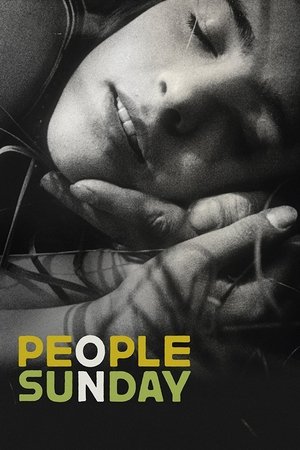 7.2
7.2People on Sunday(de)
A semi-documentary experimental 1930 German silent film created by amateurs with a small budget. With authentic scenes of the metropolis city of Berlin, it's the first film from the later famous screenwriters/directors Billy Wilder and Fred Zinnemann.
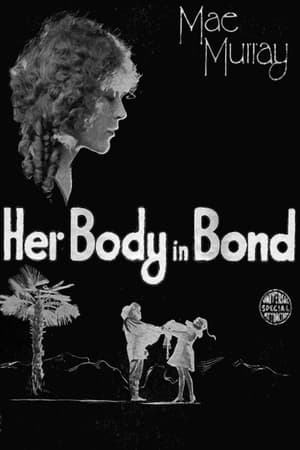 0.0
0.0Her Body in Bond(en)
The cabaret act of husband-and-wife dancing team Peggy and Joe Blondin is broken up when Joe becomes consumptive and is ordered West to recuperate. Peggy remains in New York to maintain the couple's income but gradually becomes desperate when letters sent her by her husband request more and more money. Joe's letters actually are being intercepted and rewritten by millionaire Harlan Quinn, who has designs on Peggy and wishes to portray Joe's situation as hopeless. After receiving a particularly alarming letter, Peggy consents to sell her honor to Harlan.
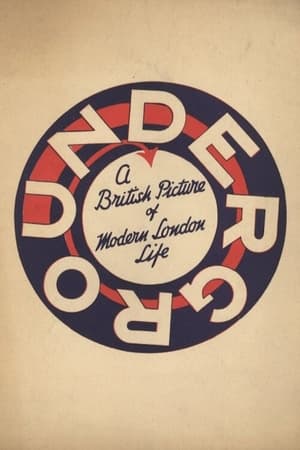 6.9
6.9Underground(en)
A working-class love story set in and around the London Underground of the 1920s. Two men – gentle Bill and brash Bert – meet and are attracted to the same woman on the same day at the same Underground station. But the lady chooses Bill, and Bert isn't the type to take rejection lightly...
Wanted, a Sister(en)
In the college play, Tom and his room-mate, "Bunch," take prominent and successful parts, Tom as the hero and "Bunch" as the heroine, in which he is an excellent female impersonator. The day after the performance, "Bunch" makes an engagement to take a real chorus girl to dinner. Unexpectedly his mother comes to college to visit him and he makes Tom take the girl.
 0.0
0.0The Little Minister(en)
To start a little in advance of our story, Lord Rintoul, of the English nobility, finds a little Gypsy girl three years old, who had been deserted by her parents. Fifteen years later, Gavin Dishart, the Little Minister, receives an appointment, his first, at Thrums, Scotland. This was made possible through the self-sacrifices of his widowed mother, to educate him for the ministry. The community of Thrums is made up of weavers, who work hard, have little and accomplish much. They are ultra-religious and look upon their pastor with such reverence that he is a little lower than the angels. While naturally intelligent, they are grounded in dogma and intolerance. Just after the Little Minister takes charge of the "Auld Licht Kirk" and the Manse, the weavers resent a reduction, by the manufacturers, in their pay and a strike is declared.
